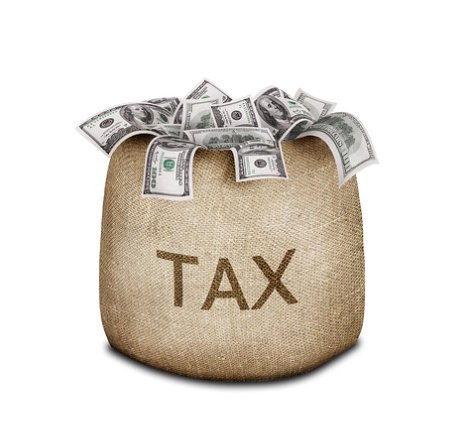If you are familiar with the asset or wealth management industry, you know tax issues are important.
The best investors in the world have long been able to evaluate the tax code and make decisions which emphasize efficiency.
As your income levels rise over time, you discover it is far better for you to make decisions about what you want to do with your money than hand it over to the government for sometimes questionable expenditures in my opinion.
Smart Strategies
From an investment point of view, systematically and routinely capturing tax losses is now part of many computer-based investment software programs.
The largest wealth management firms emphasize their capabilities to optimize tax assets and liabilities.

Interestingly, over time I have changed my strategy some in that tax considerations are still important, but they are not one of the primary factors when working on possible investment decisions.
Of course, those are influenced by client-specific situations. Over time, I have learned taxes are not the tail which should wag the dog. With investing, in my view, you can run into trouble if you place too much importance on taxes.
Biden Shock
That said, earlier this month, the market took a hit on reports that the Biden Administration will propose raising capital gains tax rates to 39.6% for people earning over $1 million dollars a year.
He may try to increase the highest marginal income tax rate to 39.6% from 37%.
Mr. Biden’s argument is capital should not get beneficial tax treatment versus money earned by workers.
From a philosophical perspective, one might ask why those with capital should be willing to risk high amounts of money on investment if they are forced to pay the same tax rate, or higher levels, than workers?
Investment Incentives
Tax planners have long explained you want incentives for capital to justify taking risk, so you need to incorporate lower tax rates into the code in order to stimulate investment.
In my opinion, one of the reasons why the US has seen an explosion of investment in the alternative energy space is because tax credits were offered to stimulate investment in areas like electric cars, wind and solar energy, geothermal, bio-fuels, and so on.
One also has to recognize that President Biden has plans, big plans, to transform the economy. Those trillion-dollar spending packages have to be financed, or partly financed, in some way.
Takeaway
Of course, just because a President makes a proposal does not mean it will pass both houses of Congress. As will be the case for at least until November of 2022, the key is the Senate.
The moderate wing of the Democratic party, to the extent there are any members, is going to have plenty to say about the final version of any tax plan that could get passed.
Many believe the final rate won’t settle at 39%, but will wind up closer to 35%. My own hope is the moderates hang tough and don’t give in, but we are talking about Democrats and taxes.
Photo Credit: 401(k) 2012 via Flickr Creative Commons
Disclosure: This article is not intended as tax advice and is provided for educational and information purposes. Interactive Advisors does not provide tax advice. All references to tax matters or information provided here are for illustrative purposes only and should not be considered tax advice and cannot be used for the purpose of avoiding tax penalties. Investors seeking tax advice should consult an independent tax advisor.


